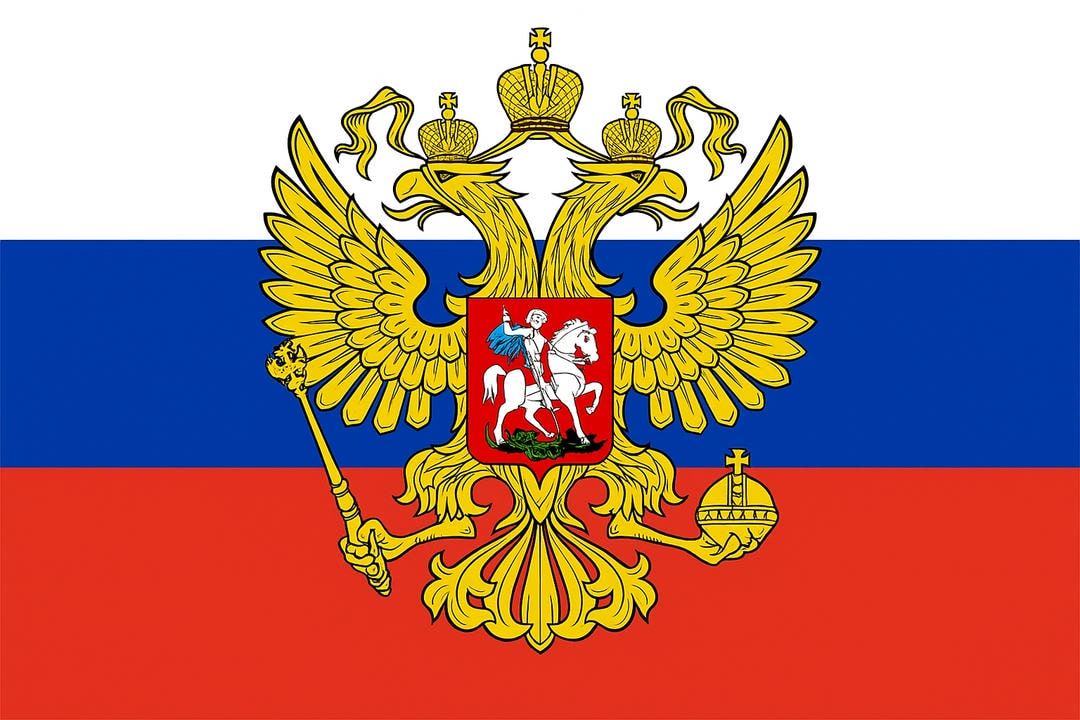The unsmiling demeanor of Russians often intrigues foreign observers, prompting questions about cultural differences. Unlike Western cultures where smiling is a common social norm, in Russia, it is reserved for genuine emotions. This divergence is not an indication of rudeness but rather a reflection of cultural values that prioritize authenticity. Historical and social factors have shaped this behavior, offering a fascinating lens through which to explore broader cultural narratives and the intricate relationship between expression and sincerity.
Introduction

Foreigners often find Russians surprisingly unsmiling, a perception stemming from key cultural differences. While many Western cultures use smiles as a social lubricant to convey openness, Russian society reserves smiles for genuine emotions and close interactions, valuing sincerity over superficiality. This difference in expression can puzzle those accustomed to different social cues.
Authenticity is Key
The Russian social norm emphasizes authenticity, viewing excessive smiling as potentially insincere or even manipulative. Understanding this allows for a richer appreciation of Russian interpersonal dynamics, encouraging one to look beyond surface appearances and cultural stereotypes. Media portrayals often reinforce the image of the stern, unsmiling Russian, but this doesn’t fully capture the nuance of Russian society.
Cultural Roots
Russians are often noted for smiling less frequently than other nationalities, a behavior rooted in historical, social, and cultural contexts. This reflects a cultural preference for sincerity over superficial expressions. Historically, adversity fostered a culture valuing authenticity, where unnecessary smiling might be deemed insincere. Smiles are thus reserved for intimate, authentic interactions, illustrating a societal preference for truthfulness over formality.
Expert Perspective
Professor Iosif Sternin attributes the Russian tendency to smile less to cultural and linguistic factors. He argues that Russian culture frames a smile as a sign of sincerity reserved for genuine emotions, contrasting with Western norms where smiling is often a social expectation. Smiles aren’t obligatory in casual interactions, reflecting authenticity rather than mere politeness. Linguistic nuances further emphasize this, with the Russian language often viewing a smile without context as superfluous. Russians value freedom from societal pressures, leading to expressions grounded in truth rather than convention.
Deeper Meaning
Unsmilingness, as an emblematic aspect of the Russian character, can be understood through a lens of historical and societal context. Cultural expressions in Russia are deeply intertwined with authenticity and seriousness, often eschewing superficial smiles perceived as insincere. Social perceptions reinforce this view, where a smile is reserved for genuine emotion rather than daily interactions. This distinctive trait reflects a broader cultural narrative valuing depth over facade, where frequent smiling might be interpreted as a lack of authenticity.
Is it Impolite?
The absence of a smile isn’t seen as impolite in Russian culture because sincerity is prioritized over superficial gestures. Social norms dictate that smiles are reserved for genuine emotional exchanges rather than obligatory politeness, reflecting a value system where authenticity triumphs over formality. Russians perceive constant smiling as insincere or even deceptive.
Western vs. Russian Smiles
In Western societies, smiles are frequently employed as a form of social currency, often signifying politeness rather than genuine emotion. This practice is deeply embedded in Western social norms, fostering a culture where smiling becomes a reflexive gesture of courtesy, an effort to maintain harmony or ease social tension.
Russians, however, often see constant polite smiles as insincere or a “duty smile,” stemming from cultural differences where authenticity is highly valued. A smile in Russia carries weight, expected to convey true feelings rather than societal obligations.
Smiles Show Affection

In Russian culture, a smile is often a direct indicator of personal affection and familiarity, rooted in cultural norms that prioritize genuine expressions. Smiles are reserved for close interactions, signifying trust and emotional connection.
Conversely, smiling at strangers is uncommon in Russia, in contrast to many Western societies where it’s a common social courtesy. A smile directed at a stranger might be perceived as insincere or even suspicious. Smiles are typically reserved for acquaintances as a token of genuine connection, where they convey authentic emotions rather than polite niceties.
A Russian Saying: “Laughter without Reason”
Cultural interpretations of laughter vary globally. The Russian saying “Laughter without a reason is a sign of foolishness” offers a lens into the nation’s value system, where emotional expression is often governed by context and intent. This adage suggests a cultural preference for authenticity over frivolity, reflecting a society where humor perceptions are more situationally bound than in other cultures. In Russia, laughter is not merely a reflexive response but a considered act, demonstrating cultural differences in understanding humor. Such a perspective invites an exploration of how emotional restraint can coexist with a desire for genuine, meaningful interactions.
Cultural proverbs often encapsulate the collective wisdom and values of a society. Those that discourage excessive laughter reveal an emphasis on moderation and self-awareness. In Russian culture, the significance of proverbs lies in their ability to shape humor perception, encouraging individuals to seek balance between joy and seriousness. This restraint is not a suppression of freedom but a nuanced understanding that laughter, while liberating, requires context to maintain societal harmony. These proverbs serve as reminders that unrestrained humor could overshadow deeper, meaningful interactions, promoting a culture that values depth over superficiality and mindful engagement over frivolous amusement.
Russian Folklore on Laughter and Jokes
Russian society’s caution around humor is deeply rooted in its folklore, where numerous proverbs caution against excessive laughter and jokes. These folklore beliefs reflect cultural attitudes that prioritize seriousness and restraint over frivolity. Such cultural attitudes suggest a deeper, perhaps subconscious, desire for control and predictability, reflecting a society where emotional expression is carefully measured and freedom of expression is cautiously navigated.
Proverbs like “A joke doesn’t lead to good” and “Laughter leads to sin” serve as cultural axioms that encapsulate the Russian ethos regarding humor and its perceived repercussions. These sayings highlight cultural differences in humor perception, where Russian social norms may prioritize seriousness over frivolity. Emotional expression in Russia often aligns with a restrained communication style, reflecting a cautious approach to laughter context.
Seriousness in Official Duties
Within the domain of official duties, the act of smiling is often deemed inappropriate, reflecting a broader cultural stance on emotional expression in professional settings. In Russia, the official demeanor is characterized by seriousness, where cultural expectations prioritize a stoic presence. This approach suggests that emotional neutrality enhances credibility and authority. Smiling may be perceived as a distraction, potentially undermining professional gravitas. The Russian ethos values restraint, viewing overt displays of emotion as incongruous with the gravity of official responsibilities.
In summary, Russians are often perceived as reserved in their expressions, particularly when it comes to smiling. This isn’t due to a lack of warmth or joy, but rather a cultural emphasis on authenticity. Smiles are typically reserved for genuine, heartfelt moments, reflecting a society that values sincerity and depth of emotion over superficial displays of pleasantry. This measured approach to emotional expression underscores a commitment to honest interactions and genuine connection.




